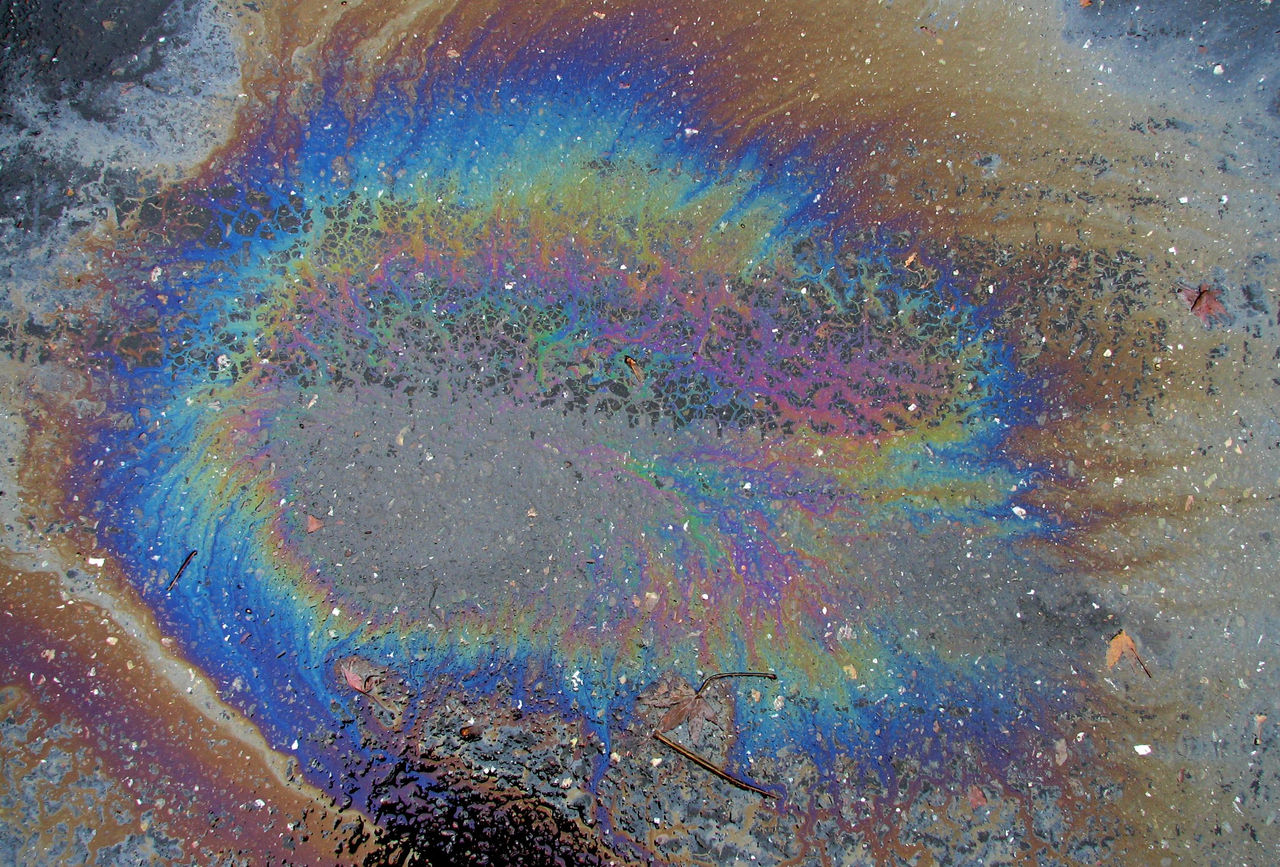Identifying common leaks
18 March 2022
There is nothing worse than that sinking feeling you get when you come out to your car and see a puddle of fluid under it. There is a lot of uncertainty with leaks and what they mean and while some may be harmless, others are far more serious. We have made this guide to help you work out some of the more common leaks and what they may mean.
Clear water
If you find a clear watery liquid leaking out of your car, that’s likely all it is – clear watery liquid. This liquid is likely coming from condensation from the car's air conditioning system. The system collects the water in a drip-tray below the evaporator and the tray is then drained through a small tube under the car.
This leak is more likely to be spotted after you have been driving and have recently parked, especially in hot humid conditions. This leak is usually nothing to worry about and is quite normal. However, if the drain becomes blocked you can also see a clear fluid, which leaks into the cabin, this is something you do need to worry about and should get it unblocked to avoid damaging your car’s internal electrical components.
Soapy spill
Many modern vehicles have their washer reservoirs located behind the front bumper in a vulnerable position. If your vehicle has had a minor collision the reservoir can split, or the hose can become displaced. This will cause your washer fluid to leak, creating a soapy spill. This is not too serious but should be addressed and in most cases can be accessed and remedied without the removal of the front bumper.
Brown, Black or Amber oily fluids
Brown, black, or amber leaks are usually engine oil leaks. In older cars these are more common as seals and gaskets wear and breakdown. A modern vehicle shouldn’t leak any oil. The usual suspects on a newer vehicle tend to be a faulty sump plug gasket or a leaking oil filter seal.
Red or Brown
This is typically automatic transmission fluid. As the fluid gets aged it turns from a bright red to a brown colour and it may also have a burnt smell to it. Transmission fluid leaks could come from a variety of areas such as transmission coolers or axle seals. If the transmission has recently been serviced, then check for obvious sources like the drain-plug or pan-gasket.
If you have a major leak such as a blown external transmission cooler hose, once it has exhausted the fluid the vehicle will stop driving. If this happens do not attempt to continue driving as you may cause further damage to the transmission assembly.
Transparent Yellow or Brown
Brake and clutch fluids are usually yellow or clear, if you have a brake fluid leak your brakes or clutch may fail. Have a look under the bonnet - there should be two reservoirs, if you find that either are low, it will indicate if the leak is related to the clutch or braking system. Brakes in particular are dangerous if they develop a significant leak, as it may inhibit your ability to stop the vehicle.
Green, Orange, Pink or Blue
These leaks are usually coolant, manufacturers use these bright colours so that coolant leaks are easily identifiable. Coolant has a watery consistency and also a sweet smell, if it leaks onto hot thins like the exhaust it can create a lot of steam too.
Common potential issues include a loose hose clamp, leaking water pump or radiator failure. You could also have an overheating issue, which is causing the coolant to overflow. Any of these issues should be addressed as soon as possible because if you run out of coolant and your engine overheats it can cause a lot of engine damage.
Leaks can be the start of more major failures, therefore it is imperative to have these addressed by a professional. Our AA Motoring sites have trained mechanics who can disseminate faults promptly. If you have any concerns with your vehicle, click here to book your vehicle in for a service at an AA Auto Centre.
The AA recommend a vehicle service every six months or 10,000 km, all three levels of service will test or inspect fluids, filters and recommend items that need replacing, saving you time and money in the long run.

How the AA can help
- AA Auto Centre - aa.co.nz/autocentre
- AA Pre Purchase Inspections - aa.co.nz/inspections
- AA Motoring Vehicle Inspection - aa.co.nz/wof
- AA 10-Point Check - aa.co.nz/10-point-check
- AA Batteries - aa.co.nz/batteries
- AA Membership - aa.co.nz/membership
- AA Roadservice - aa.co.nz/roadservice
- AA Ask an Expert - aa.co.nz/cars/ask-an-expert
Vehicle experts you can trust

